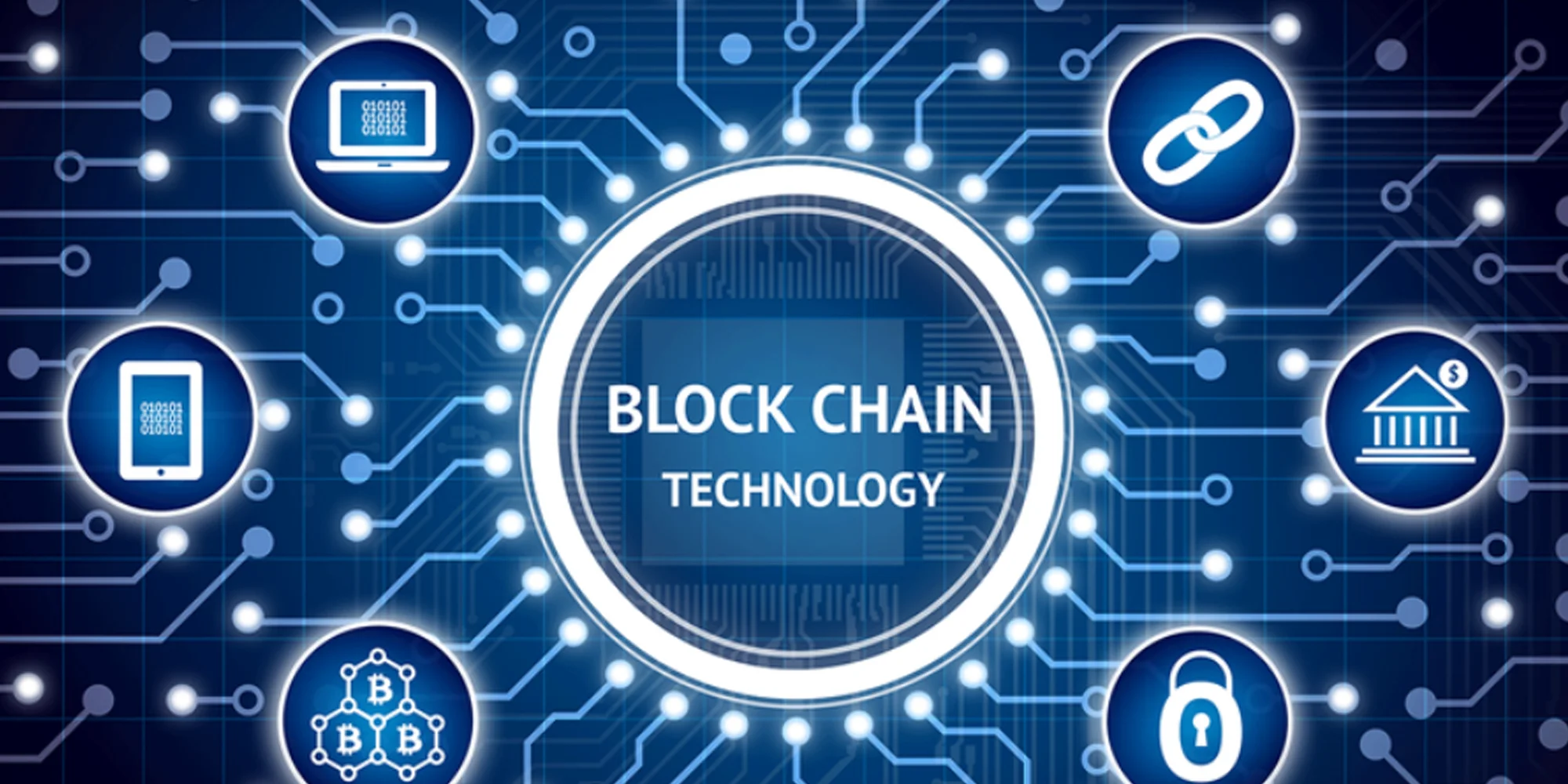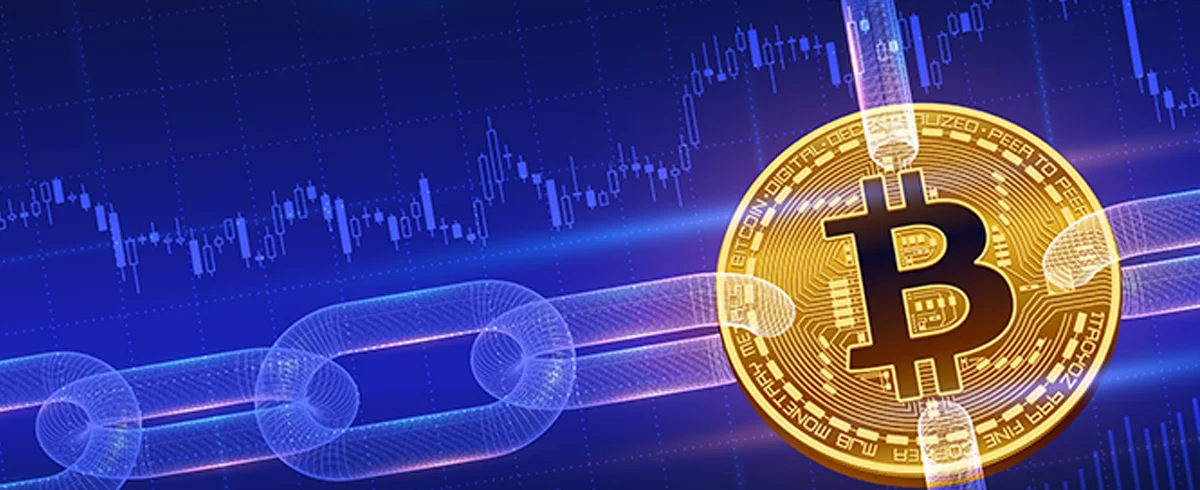Necessary Always Active
Necessary cookies are required to enable the basic features of this site, such as providing secure log-in or adjusting your consent preferences. These cookies do not store any personally identifiable data.
|
||||||
|
||||||
|
||||||
|

With more and more fields moving onto the digital platform, the number of newer technologies vying for competition in the online realm has never been so high.
One such technology is blockchain which stands in the position to potentially revolutionize the way that the world does things. Blockchain is finding growing acceptance in the fields of data processing, banking, and finance, as well as governance.
Many other industries are eyeing the success of the blockchain but are still a little doubtful whether it can truly fulfill the promises that it makes.
In this article, we are going to tell you the history and workings of blockchain and the cases where Blockchain has the greatest potential to explode in popularity.
The first idea of a blockchain originated in the early 90s. In 1991, two cryptographers named Stuart Haber and W. Scott Stornetta made their first literary work involving the concept of a secured chain of blocks that couldn’t be manipulated or disturbed.
However, throughout the years, blockchain never really became popular until the late 2000s.
In 2008, an anonymous cryptographer who used the name Satoshi Nakamoto worked to create Bitcoin, the first true application of the concept of a blockchain digital ledger.
After publishing a paper describing the workings and operations of Bitcoin, Satoshi Nakamoto vanished from the scene in 2009 and justify other core developers to further the open-source technology of Bitcoin.
The next big leap for blockchain was in the year 2015 when a developer called Vitalik Buterin launched Ethereum, a new cryptocurrency that wanted to evolve blockchain even further than Bitcoin did.
Ever since we entered the latter half of the 2010s, blockchain has been seeing greater acceptance even beyond the realm of cryptocurrency and has become a force to be reckoned with.

Blockchain is based on the fundamental concept of being a distributed ledger technology that runs on a peer-to-peer or p2p topology. This means that all the data is equally shared among multiple users in the blockchain.
In this digital ledger shared between disparate users, any transaction records can never be altered, and each one of them comes with a timestamp that links it to the previous transaction.
Whenever a certain set of transactions is completed it is stored as a block that is added to the ever-continuing chain of blocks. This is where the name blockchain comes from because it is literally a chain of blocks filled with data.
The data in the blockchain can only be added upon mutual consensus between the members of the public digital ledger.
Entries once made can not be changed or erased after being entered. This feature makes blockchain a very safe, traceable, and verifiable system.
It is a purely decentralized system that is transparent and accessible to everyone, but no one can change or delete the data.
Blockchain has a great potential to completely change the world of medicine in two ways. By storing all patient data in the blockchain, a patient’s medical history, and current status can all be accessed in real-time without any need to keep documents.
Doctors and hospitals can have instant access to medical records which can be crucial in life or death situations. In terms of supply chain management, blockchain can be used to track consumption and help with purchases.
By using the system of tokenization, real estate deals are now accessible to a much greater audience. Now, a piece of land can be divided into multiple tokens so that each person can jointly own and trade in real estate without having to completely own a single piece of land and spend a lot of money on trading.
Staying true to its identity as a digital ledger, blockchain is best used as a recorded ledger of transactions. In banking and finance, this can do away with the need for bulky record books and large servers storing data.
With every transaction being linked to a block, financial transactions become much easier and cheaper as there is no mediator required between the two parties.
This is useful for cross-border transactions, verification of user data and transaction history, and credit reporting. If you are worried about where to store your cryptocurrency, you can buy a crypto hardware wallet online.

Voting is one of the most important activities in any democratic country and is a sensitive issue. Voter fraud has been on a rise in many countries, with citizens and oppositions claiming to tamper with electronic voting machines.
This dissolves the public trust in elections. Blockchain voting can ensure that the votes cast are free and untampered. Even post elections, the results of voting generated via blockchain are clearly transparent and verifiable by everyone.
Large data centers that hold various amounts of files and digital identities are very prone and susceptible to hacking from data loss in the case of centralized structures.
By having a decentralized blockchain structure, each individual block is immune from being hacked due to one of them being vulnerable. This makes data privacy and data protection a dream.
In the case of individuals who want to track and protect their personal data, instead of giving their consent to each and every data service provider, they can store their personal data in an encrypted block and then give service providers access to it.
This method is much safer and easily trackable to see who accesses what data.
We have highlighted some of the advantages and uses of blockchain technology. It does have the potential to revolutionize several fields of public and private enterprises. This technology is evolving at a rapid pace and is gaining quick acceptance in multiple fields like data processing, banking, finance, and governance.
It can solve several problems that the current system is facing. The entries made cannot be erased and hence this feature makes blockchain technology very safe and verifiable. It is a completely decentralized system that is traceable, transparent, and accessible to everyone. Get ready for a future where this technology is going to play a major role.
Sign up to receive our newsletter featuring the latest tech trends, in-depth articles, and exclusive insights. Stay ahead of the curve!